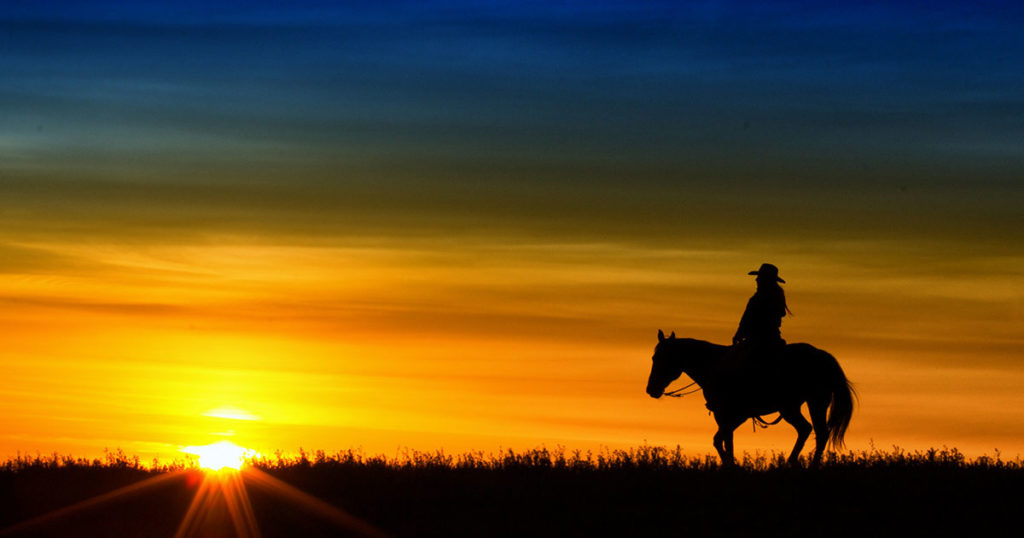Writing Time
A novelist confronts the perennial question of how to fill the hours, fictional or otherwise

The year 2020 was going to be the year I completed a draft of my novel. On January 1st this seemed eminently reasonable. I was halfway there, with an outline pinned to a cork board, index cards for every plot hole (How does she get to San Francisco without a horse?—I am writing a western), and plenty of time. Time is supposedly a great gift to writers: Shakespeare wrote King Lear in quarantine, and Proust wrote In Search of Lost Time confined to his bedroom. When I moved to Iowa to pursue an MFA, people told me over and over again that the Midwest’s frigid winters would encourage me to write. No distractions when you’re cooped up inside!
There are, in fact, a thousand distractions when you’re cooped up inside.
Since social distancing began, I have baked banana bread, regular bread, and cookies. I have selected the perfect books to create a standing desk (The Penguin Book of Japanese Short Stories on top of Samuel Pepys: Plague, Fire, and Revolution on top of The Wes Anderson Collection on top of a Scrabble set). I have changed my draft from Times New Roman to Garamond because things look more like finished manuscripts in Garamond, and I have changed it back to Times New Roman because Garamond is pretty pretentious for half an unfinished draft. I have taken up embroidery, committed to watching all 76 episodes of Friday Night Lights, cleaned the baseboards of my apartment, searched for more fabric to embroider, and checked the Johns Hopkins University COVID-19 dashboard five times a day to see if possibly the curve is flattening already. I have texted friends and family so frantically that my thumbs are sore, which at least means that I am now clearly too physically unwell to write, and therefore off the hook.
None of this is very different from how things were before. Procrastination is the remora riding on the back of creativity, and much of a writer’s work must be done “off the page.” Reading counts, and so does observing people, or observing your own chin hairs in the mirror so long as your subconscious is simultaneously running through problems of point of view. What feels more disruptive in this time of isolation is not simply the quantity of time given but its parameters.
I used to feel as though I had control over the ways I spent my time, and I, like most writers, care deeply about control. Writing a novel is essentially a way to make time work exactly the way you want it to: cutting lives into chapters, dilating or compressing moments to extract meaning and connection. The time within a given day might still be within my control, but on a larger scale time seems to have fallen off a cliff. March has been written off, and so has April. Will the summer even exist? How can I pretend to have control over time in my novel if time in the real world feels like an illusion?
I know that this period of isolation and pandemic has only just begun, and that eventually I will write again. Writing is how I contemplate all my questions about life. It’s just that now I mostly contemplate the walls of my own apartment, and the only questions I have are: Is someone in my family going to die? How many people are going to lose their jobs? When will I be able to hang out in a crowd? Suddenly the things I used to write about no longer seem important or even real. The world is changed, I am changed, and I do not yet know how that will express itself in my work.
Perhaps this is just an extreme version of what happens during every novel-writing project; it takes so long to write one that of course things change. I may still finish a draft in 2020, but I do not know if the novel I thought I would write will be the novel I write after all. Bad timing, because I was getting really close to figuring out how she was going to get to San Francisco without a horse.


